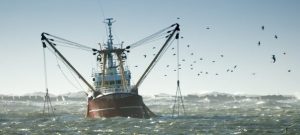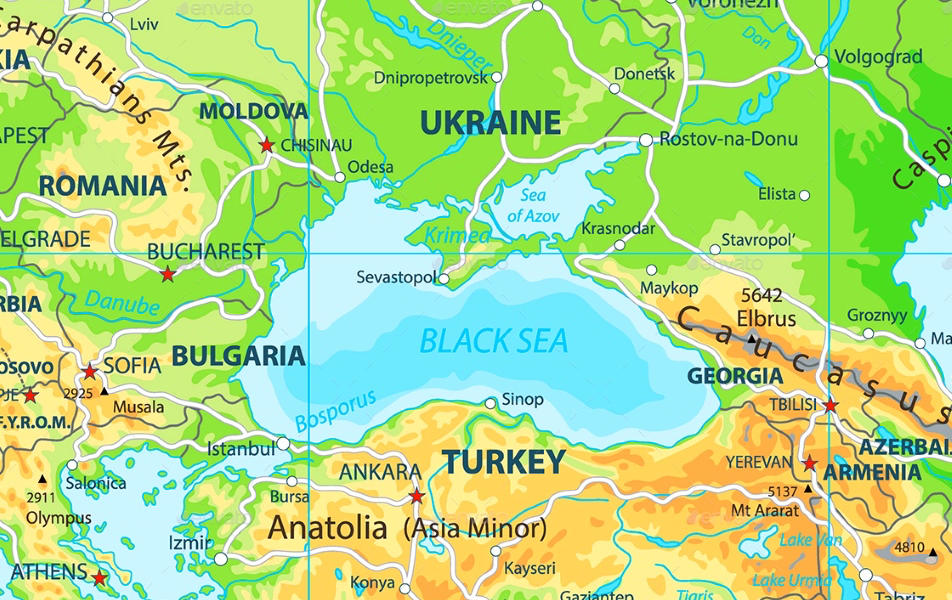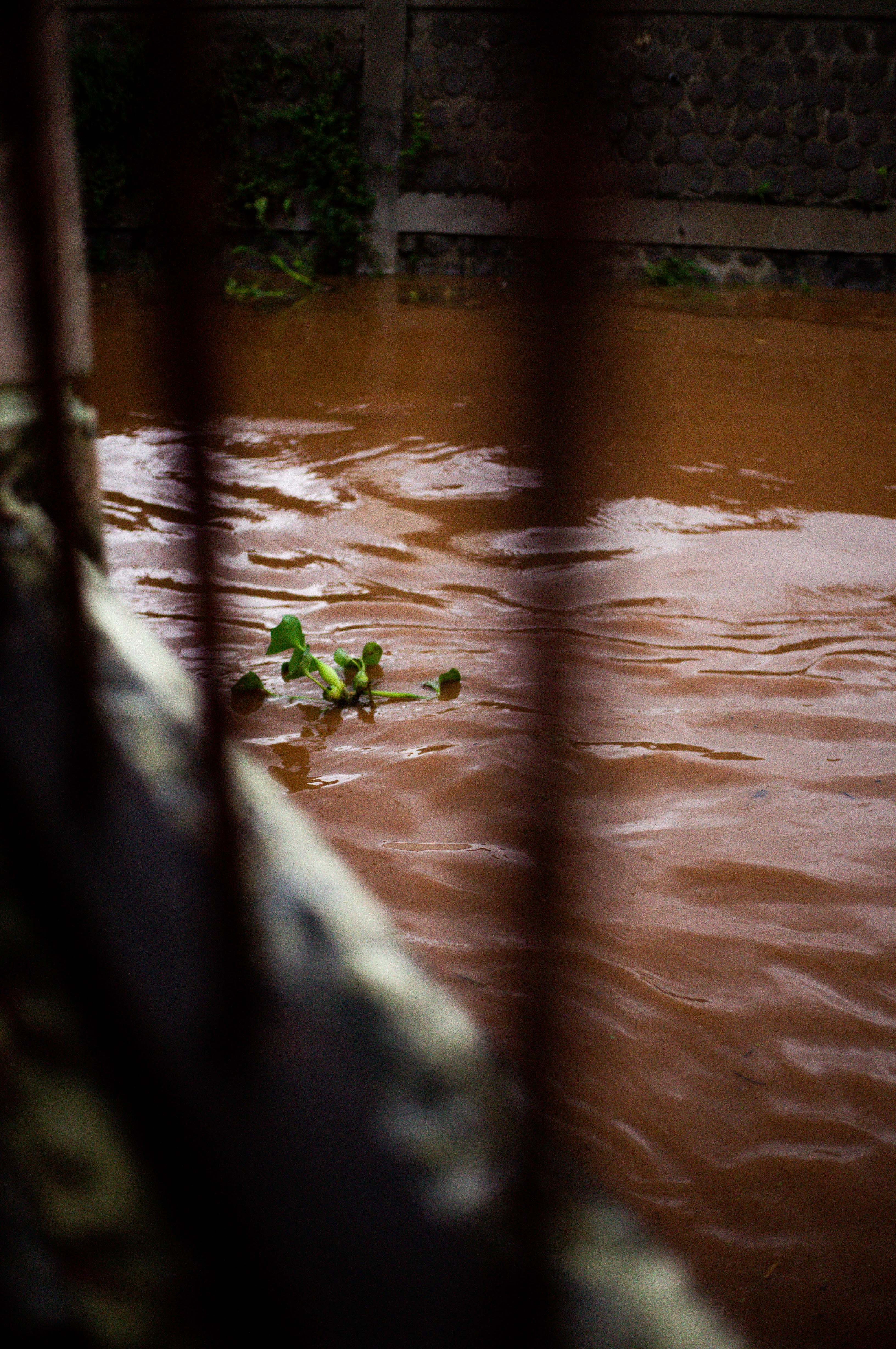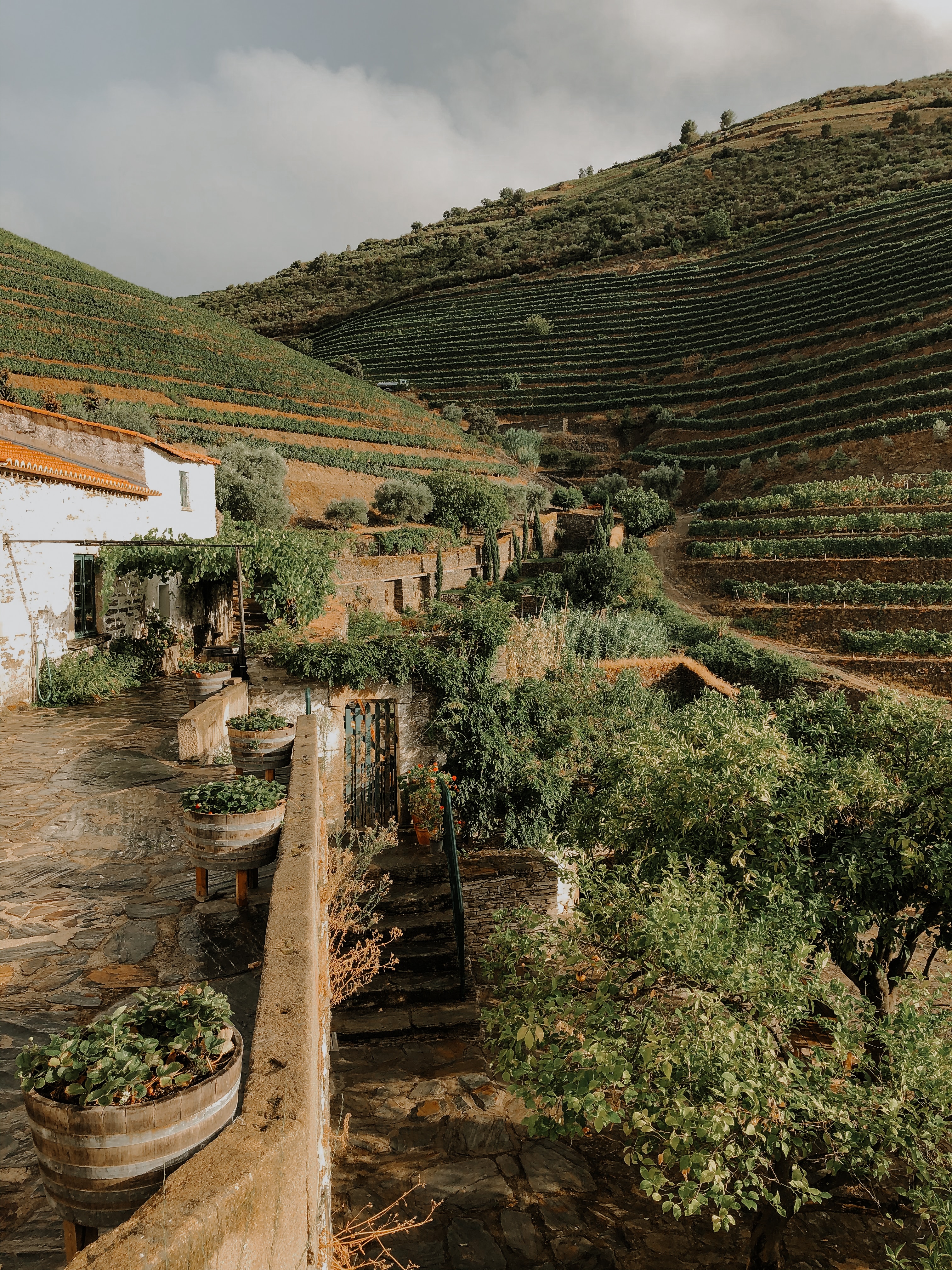The British broadsheet, The Guardian , was the first to announce that the Black Sea Maritime Archaeology Project had discovered the world’s oldest intact shipwreck at the bottom of the Black Sea, writes Hande Bozatli.
A lack of oxygen at that depth had preserved the ship undisturbed for more than 2,400 years, the researchers said. Furthermore, National Geographic Archaeologist-in-Residence Fredrik Hiebert said that the anoxic waters of the Black Sea “were an incredibly rich museum of human history.”
Named Pontus Axinus ‘the inhospitable sea’ in the 8th century B.C., its name was changed to Pontus Euxinus ‘hospitable sea’ in the 5th century BC. The Black Sea has been home to many civilisations in history and it represents a remarkable mixture of cultures and religions. Today it is fair to say that the countries of this region are positioned very strategically at the crossroads of East and West and they offer a high potential of growth with their unsaturated and complementary markets. The ancient sea means many things to the people who live on its shores now.
In spite of its enormous potential, there are many issues and challenges that the Black Sea is facing. Differences in terms of the size and economy of the Black Sea countries, visa issues, slow bureaucracy, duties, lack of communications between state officials, difference in legal systems and best practices are just some of these challenges.
The Black Sea Basin is considered as an area of strategic importance for the EU and, the EU, as a global actor, has a crucial role to play in ensuring conditions for peace, stability and sustainable democracies throughout the whole European continent, including its immediate neighbourhood.
The European Commission has a Black Sea agenda. The Commission seeks dialogue with the stakeholder community, both public and private. The Black Sea Synergy is an EU initiative for regional cooperation between the countries surrounding the Black Sea. In 2015, together with the European External Action Service, the European Commission issued a Joint Staff Working Document on the Implementation of the Black Sea Synergy from 2009 to 2014. The Joint Operational Programme Black Sea Basin 2014-2020 is one of the three maritime basin programmes established in the framework of the European Neighbourhood Instrument (ENI) 2014-2020 – Programming document for EU support to ENI Cross-Border Cooperation (2014-2020). The Programme builds upon previous cooperation under the Joint Operational Programme Black Sea Basin 2007-2013, taking into account the lessons learned from this past experience.
The role of the European Commission incudes ensuring European energy security. The Southern Gas Corridor is a priority project which will enhance energy security and diversification goals. Cooperation under the Commission Initiative on Central and South-Eastern European Energy Connectivity (CESEC) initiative focuses on improving the co-operation and infrastructure developments for natural gas between the countries of Central and South-Eastern Europe. It has a wide scope covering electricity, renewables and energy efficiency.

Europe also has a Black Sea regional policy, through regional sectoral initiatives and programmes in key area of regional cooperation in the region. This policy includes the INOGATE (interstate Oil Oil and Gas Transport to Europe) programme and multilateral agreement, the TRACECA (Transport Corridor Europe –Caucasus-Asia) and the Black Sea PETRA (Pan-European Transport Area) programmes on transport, and the DANBLAS (Danube-Black Sea Environmental Task Force) initiative.
Some other actors in the Black Sea policy forum are regional organisations like: Black Sea Economic Cooperation (BSEC), GUAM organization for Democracy and Economic Development, Community of Democratic Choice (CDC), Black Sea Forum for Partnership and Dialogue (BSF).
The Black Sea Economic Cooperation is a platform that was established to create a unified regional economic regime in June 1992. The current task for the BSEC is facilitating its members’ further integration into the global economy and advancing political cooperation capacities within the region.
The Black Sea Trade and Investment Promotion Programme is co-financed by the Turkish Ministry of Foreign Affairs, Greek Ministry of Economy and Finance, UNDP (United Nations Development Programme) and BSEC (Black Sea Economic Cooperation). It is the first programme jointly co-financed by the Government of Turkey and Greece under the auspices of UNDP.
Apart from the EU institutions and some other international actors, networks of regions and local authorities also play a necessary role for the Black Sea Basin.. The Assembly of European Regions (AER), as the biggest regional network in wider Europe, participates actively in the current discussion about peaceful cooperation and democracy in Black Sea Region. AER has been continuously at the forefront to promote multi-level governance and the principle of subsidiarity, to foster decentralisation and support democratic institution building. AER aims at bringing together all regions around the Black Sea countries and making them cooperate with each other on the same challenges they face, and share their experiences and best practices and their found solutions.
The Conference of Peripheral Maritime Regions (CPMR), its Balkan & Black Sea Commission (BBSC) and the Permanent International Secretariat of the Organization of the Black Sea Economic Cooperation (BSEC PERMIS), organised a joint ‘Workshop on Project Promotion’ on 28 March 2018 at the BSEC Headquarters in Istanbul. The workshop was addressed to Regional and Local Authorities as well as other stakeholders from the wider Black Sea region. The aim of the workshop was to present the significant role of Regional Authorities in policy-making, the available funding instruments and sustainability of actions, and a number of successful regional cooperation examples in various parts of Europe and the Black Sea area.
The historical, political and socio-economic background in the countries of the Black Sea Basin differ. But all governments, regional and international organisations need to involve civil society in regional dialogue and cooperation in fields that require coordinated action . There are many international, national and regional and private actors contributing to cooperation in the Black Sea Basin. They have a responsibility to coordinate their work and boost their cooperation to foster synergies in this unique region of the Black Sea.
The Author, Hande Bozatli, is the Regional Business and Government Editor of EU Political Report.




